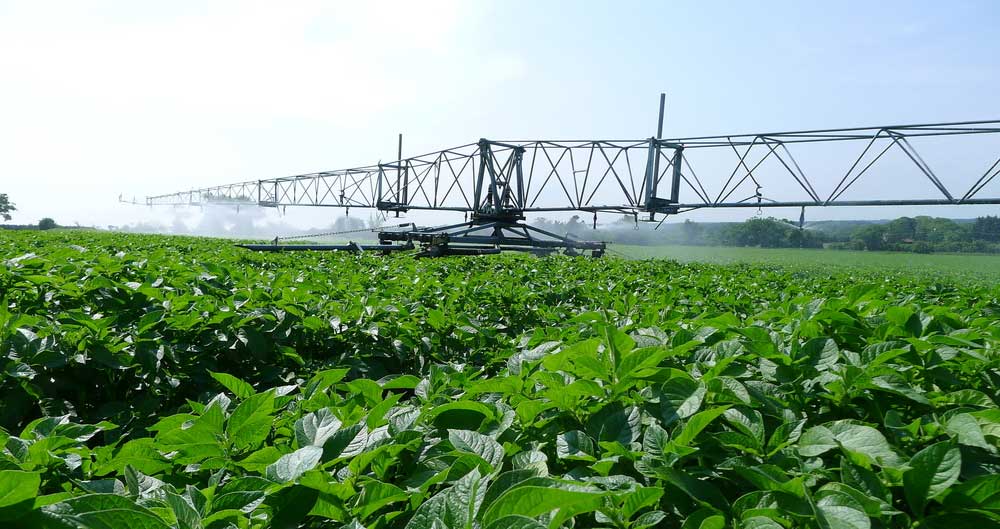In the meantime, a policy paper called the Defra water factsheet has been published as part of a set of guidance notes to explain government’s overall approach to the Environment Bill.
The NFU has held a series of meetings with Defra and the Environment Agency to present our position on the water section of the Bill, most recently on 10 March just before Bill scrutiny was suspended.
Defra wants the Environment Bill to:
- Introduce measures to no longer compensate water users where abstraction licences are amended or revoked to prevent environmental damage
- Promote more collaboration between water companies to deliver the infrastructure we need to ensure we have clean and plentiful water now and for the decades to come
- Allow for the creation of new (or the expansion of existing) internal drainage boards to manage water levels where this is needed and supported locally, and
- Allow monitoring and tackling of the most harmful substances in water to keep pace with the latest scientific and technical knowledge.
The NFU supports proposals for greater multi-sector collaboration in the long-term management of water and the proposals for IDBs, but we are opposed to the abstraction proposals contained in the Bill.
Defra’s abstraction proposals constitute significant regulatory reform because they offer increased powers for the Environment Agency to vary or revoke abstraction rights without having to offer compensation to licence holders. If implemented, these could have a major impact on abstraction licences used to grow our food.
Defra’s proposed modifications apply to:
- ‘Protection of the environment’ which, as currently drafted, would create a very low evidential bar changes are made to abstraction licences
- Removal of ‘excess headroom’ from abstraction licences. There is no evidence that an equitable system could be developed to define what is meant by ‘under-use’ and the current proposals do not acknowledge the importance of headroom reserved in irrigation licences for use in dry years.
The NFU’s preferred approach to delivering the sustainable use of water is to develop an efficiently managed abstraction system where collaboration, innovation and the pursuit of practical options like water sharing (licence trading) delivers environmental enhancement and fairly allocates water amongst all users.
Agriculture accounts for less than 2% of total abstracted water but farmers collectively hold most abstraction licences. Therefore, Defra’s proposals will unfairly and disproportionately impact on our sector at a time when ‘water for food’ should be recognised as an essential water use for the delivery of national food security.
